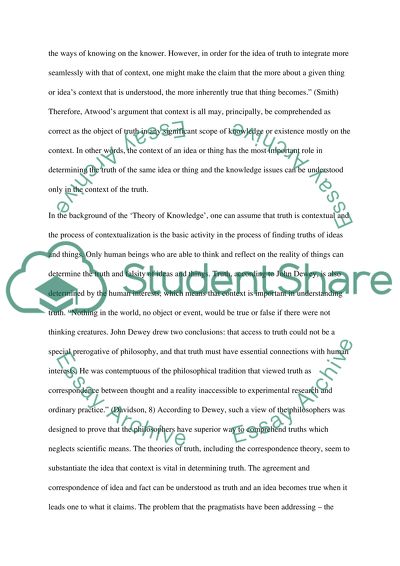Cite this document
(“The Handmaids Tale by Margaret Atwood Book Report/Review”, n.d.)
Retrieved from https://studentshare.org/literature/1505473-the-handmaids-tale-by-margaret-atwood
Retrieved from https://studentshare.org/literature/1505473-the-handmaids-tale-by-margaret-atwood
(The Handmaids Tale by Margaret Atwood Book Report/Review)
https://studentshare.org/literature/1505473-the-handmaids-tale-by-margaret-atwood.
https://studentshare.org/literature/1505473-the-handmaids-tale-by-margaret-atwood.
“The Handmaids Tale by Margaret Atwood Book Report/Review”, n.d. https://studentshare.org/literature/1505473-the-handmaids-tale-by-margaret-atwood.


